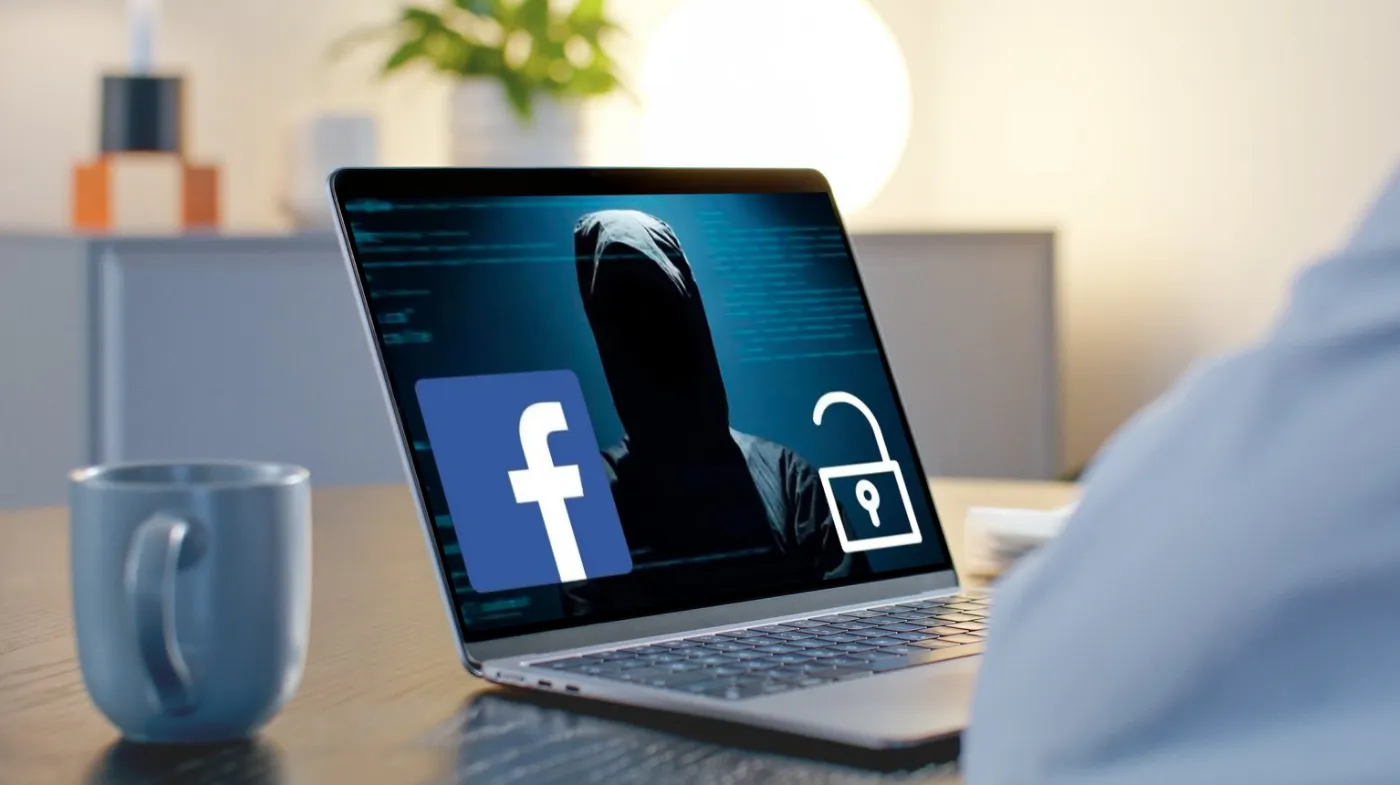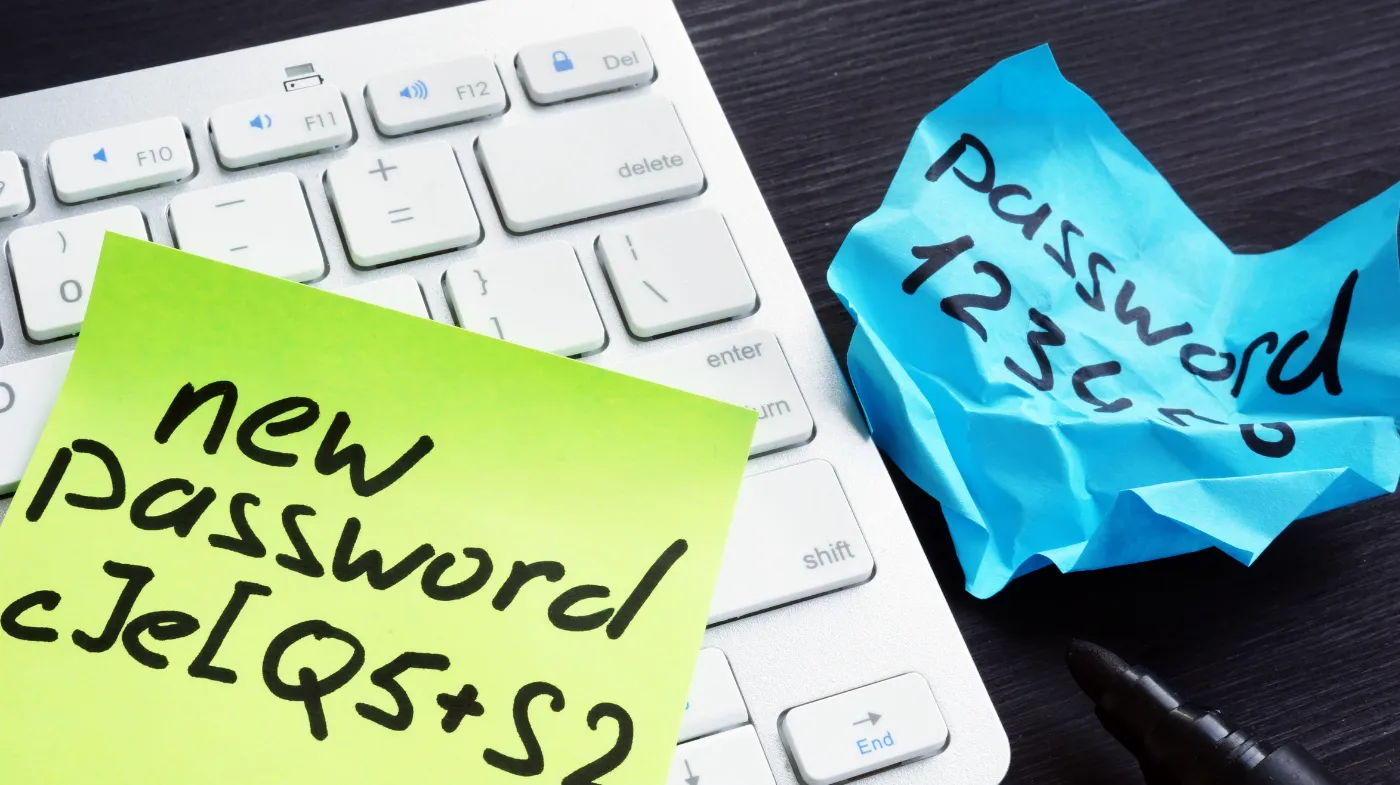
If your Facebook account has been hacked and the password changed, act fast to secure your digital identity. Hackers can access personal information, impersonate you, or even compromise other linked accounts.
Fortunately, Facebook offers a recovery tool to help users regain access, but protecting your account goes beyond that. Creating a strong, unique password using a Strong Password Generator and avoiding common mistakes when creating passwords, like using predictable patterns, is essential.
Also, a centralized password manager can help you securely store and manage your credentials. Additionally, enabling two-factor authentication and securing your email account adds another protective layer. Today, we’ll walk you through every step to regain control and protect your accounts from future threats.
Things to Do if Your Facebook Account Is Hacked and the Password Is Changed
If you’ve found that your Facebook account has been hacked and the password changed, you need to act quickly. Start by:
Use Facebook’s Account Recovery Tool
When your Facebook account is hacked and the password has been changed, using Facebook’s Account Recovery Tool becomes vital for regaining access.
Start by visiting facebook.com/hacked, where you’ll begin the recovery process. The tool will guide you through several prompts to identify your account and verify your identity. Be prepared to provide information that confirms you’re the rightful owner, which may include uploading a form of identification.
This step helps Facebook guarantee that only you can regain access to your account. Following these prompts carefully increases your chances of successful recovery.
Check for Unauthorized Changes
How can you guarantee your Facebook account is secure after regaining access? First, navigate to Settings > Security and Login. Here, you’ll find a list of active sessions. Log out of all sessions except the one you’re currently using to eliminate any unauthorized access.
Next, review your recent activity. Look for any unfamiliar changes, such as updates to your email address or phone number. If you spot anything suspicious, revert those modifications immediately.
This proactive approach not only helps restore your account’s integrity but also minimizes the risk of future hacks. Taking these steps assures that you maintain control over your Facebook account and protect your personal information from further unauthorized changes.
Create a Strong & Unique Password
Creating a strong and unique password is essential to safeguarding your Facebook account, especially after a hack. To guarantee your password is secure, consider using a strong password generator that creates randomized passwords.
These passwords are typically long and complex, making them difficult to guess. Avoid common mistakes, like using easily obtainable personal information, such as your name or birthdate. Steer clear of simple patterns like “123456” or “password.”
Instead, aim for a mix of uppercase and lowercase letters, numbers, and special characters. Regularly updating your password can further enhance your security.
Enable Two-Factor Authentication (2FA)
After securing your password, the next step to fortify your Facebook account is enabling Two-Factor Authentication (2FA). This feature adds an extra layer of protection beyond your password, making it considerably harder for unauthorized users to access your account.
You can activate 2FA by finding your way to Facebook’s Security Settings. From there, you can choose to receive a verification code via text message or utilize an authentication app for added security.
Once enabled, every time you log in from an unrecognized device, you’ll need to enter a code sent to your phone or generated by the app. This simple step can greatly enhance your account’s security, helping to prevent future hacks and unauthorized access.
Secure Your Email Account
Since your email account is often the gateway to your Facebook profile, securing it should be your top priority if you suspect your Facebook account has been hacked and the password changed. Start by checking if your email was compromised; if it was, act immediately to secure it.
Use a Strong Password Checker to evaluate your current email password. If it’s weak or reused, change it to something strong and unique. Incorporate a mix of letters, numbers, and symbols.
Additionally, enable two-factor authentication (2FA) for your email account to add an extra layer of security. Regularly monitor your email for suspicious activity, and consider updating your security questions to something only you would know.
Use a Centralized Password Manager
When your Facebook account is hacked, using a centralized password manager can be a vital step in regaining control and enhancing your overall security. This tool securely stores, manages, and autofills complex passwords across your devices, making it easier to maintain unique credentials for each account.
By utilizing a password manager, you’ll receive notifications about reused or weak passwords, allowing you to strengthen your security posture. Additionally, many password managers offer security alerts, helping you stay informed about potential breaches.
Generate Strong Passwords for All Accounts
If your Facebook account has been hacked and the password changed, generate strong passwords for all your other online accounts immediately. Start by using a password generator, which can create complex passwords that are difficult to crack.
Avoid reusing passwords, as this increases your vulnerability; if one account is compromised, others can be too. Aim for passwords that are at least 12 characters long and include a mix of uppercase letters, lowercase letters, numbers, and special symbols.
Regularly update these passwords and consider enabling two-factor authentication for added security. By taking these steps, you can greatly reduce the risk of further breaches and protect your sensitive information across all your online accounts.
What are the common mistakes when creating passwords for Facebook?

One common error is using personal information, like birthdays or names, which attackers can easily guess. Another mistake is repeating old passwords across multiple sites. If one account gets hacked, others become vulnerable as well.
Additionally, opting for simple strings, such as “123456” or “password,” makes your account an easy target. Avoid these pitfalls by crafting unique, complex passwords. Incorporating a mix of letters, numbers, and symbols can greatly enhance security.
Can a password generator for cybersecurity prevent hacking?
Using a password generator can greatly enhance your cybersecurity efforts, particularly in the fight against hacking. These tools create strong, unique passwords that are difficult for cybercriminals to guess.
By relying on a password generator, you eliminate the common pitfalls of weak passwords that often lead to security breaches. Each account gets a distinct password, considerably reducing the risk of a single compromised password leading to multiple hacks.
Should I change all my passwords after a Facebook hack?
If your Facebook account was compromised, it’s essential to change all your passwords, especially if you’ve reused that Facebook password elsewhere. Hackers often exploit stolen credentials to access other accounts, putting your sensitive information at risk.
By assuming all connected accounts are vulnerable, you can proactively protect your data. Start with high-risk sites, like email and banking, where a breach could have severe consequences. Use a password manager to generate unique, complex passwords for each account.
Strengthen Your Digital Defenses with Smart Security Moves
When your Facebook account is hacked, it’s like finding your front door wide open after a storm, chaotic and unsettling. By taking immediate action, like changing your passwords and enabling two-factor authentication, you can secure your digital home.
Remember, the stronger your defenses, the less likely intruders will breach your space. So, take these steps seriously; a few minutes of vigilance can save you from a whirlwind of trouble later. Stay proactive and keep your online presence safe.
